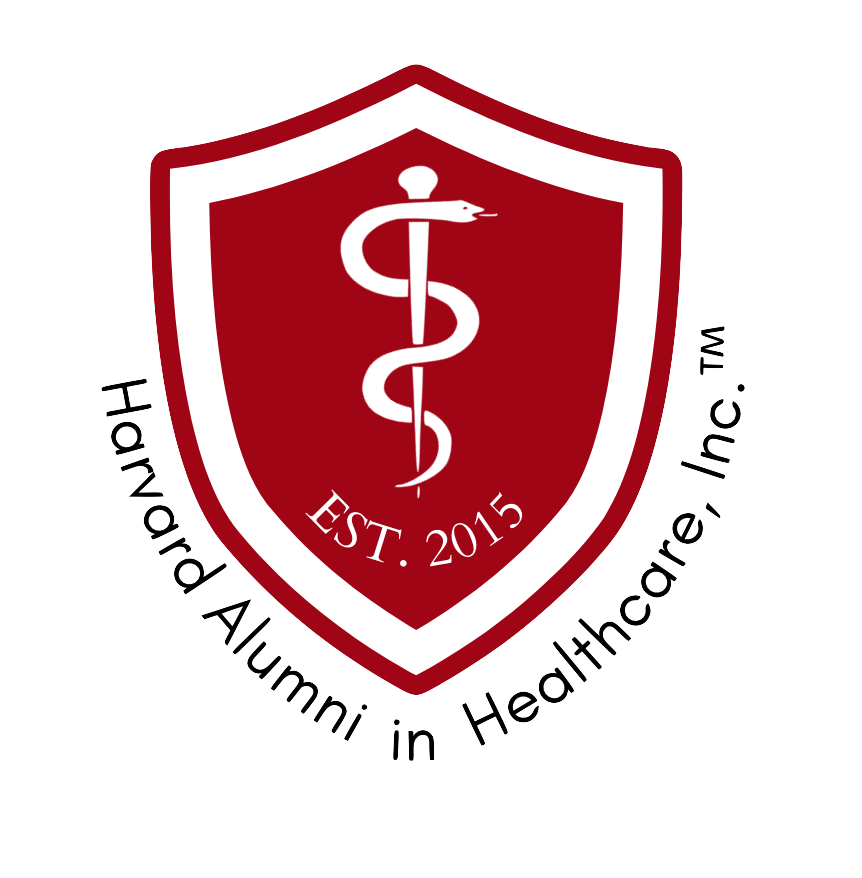Joon Yun, AB 1990
When I was a student,
I would go knock on doors of professors whose books I had read because I wanted to get to know them and ask them questions. Science tends to be conservative and competitive, so I always found that people had 10x the ideas in their heads beyond what they share in print. I always appreciated that they took the time to sit down with me, and it’s something I never forgot and try to do for others. These talks could go anywhere from 15 minutes to an hour and a half, and in the case of Professor Ed Wilson, it ended up being a full semester. I wanted to learn more about the evolutionary biology of eusocial species, and I ended up doing a semester independent project with him. Looking back, he and Professor Robert Coles were my two most influential mentors—among a host of other amazing teachers.
Speaking of the lens of evolution and eusociality, in the Pleistocene era, our adaptive social structure served the hive because we had a high degree of inclusive fitness. We had a high degree of kinship in the community, and there were also other forms of alliances and sociality that promoted cohesion, service, and stewardship. We now live in a larger world, and social tendencies have changed to become more transactional rather than investment-oriented. But mentorship still remains an important core form of social investment in the future. Back in the Pleistocene age, maybe, mentorship was more biologically based, with an uncle, aunt, father, mother or grandparents who would steward the next generation.
Today, we have a much more open social architecture; we mentor because we choose to. It’s much more humanistic, and it’s deeply wired in us to want to nurture others and see others flourish. It’s part of what makes the world go round and move forward. Each generation refreshes the greatness of human potential, and mentors have a role in that.
Joon Yun, MD
AB 1990 | Biology
Physician, President at Palo Alto Investors
Compiled and interviewed by Felicia Ho

